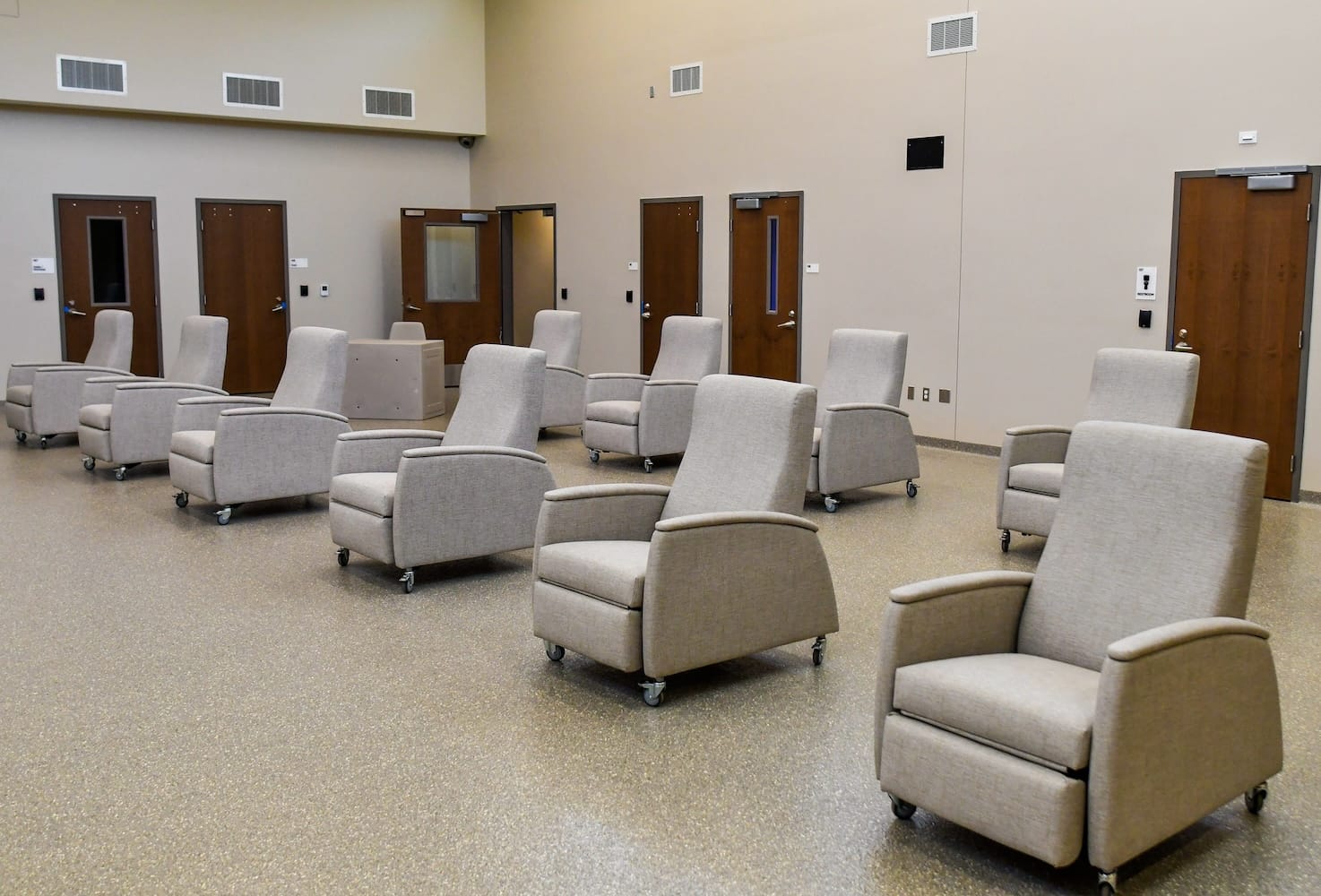When 911 is called for a mental health crisis, the default response is often law enforcement rather than mental health professionals - but a proven treatment model is looking to change that.
Connections Health Solutions pioneered the 23-hour observation model as a form of treatment, designed to help individuals experiencing a behavioral health emergency get immediate access to appropriate care, receive treatment that prevents unnecessary inpatient stays, and establish connections to resources for long-term recovery.
The 23-hour observation treatment model is rooted in the belief that a large percentage of individuals in behavioral health crises can be stabilized outside of psychiatric hospitals with appropriate crisis intervention, treatment, and planning for further outpatient care. This model offers faster, higher quality care than other treatment options, eliminates the need for costly admissions and allows the individual to safely return to their community to recover.
While the individual stabilizes in a safe and secure environment, often referred to as a milieu, they receive rapid assessment, active treatment, proactive discharge planning, and ongoing case management. Within 23 hours and 59 minutes, individuals can be transitioned to less restrictive, community-based care.
The core components of our 23-hour observation model set it apart from other behavioral health treatment options and even other 23-hour observation models. Individuals must meet specific criteria, treatment must be provided by a multidisciplinary team, care must begin quickly, the milieu must be a safe and comfortable environment, and a clear discharge plan must be created.
The model has been widely studied and adopted by providers and organizations throughout the United States. In Arizona, we have operated a 23-hour observation unit for 15 years and have seen great success. A trained provider sees individuals within 38 minutes of arrival, and in less than 24 hours, 60% - 70% of individuals who present involuntarily agree to voluntary care during their stay.

%20(11).png)
%20(9).png)
%20(8).png)